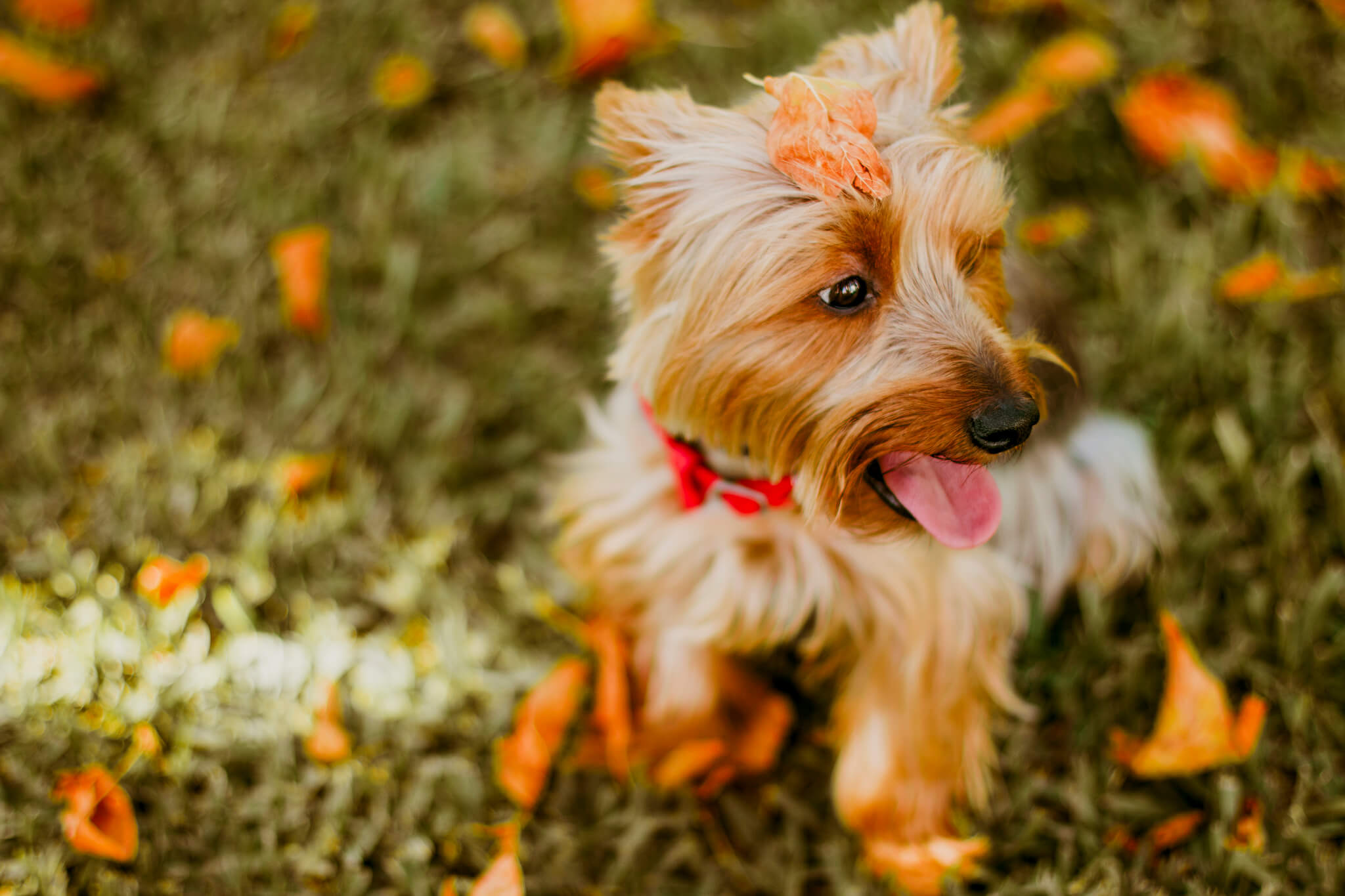Do you want to work in a zoo as a zookeeper?
Zoos, Wildlife/Safari parks and special collections are run by Zoological Societies, Charitable Trusts, Local Authorities or as private enterprises. Zookeepers are responsible for the day-to-day care and welfare of animals kept in these environments.
The primary role of zookeepers working in a zoo is to ensure that these animals are kept physically and psychologically healthy. Zoo keepers need to be: enthusiastic about animals, interested in animal biology, patient with both the public and animals, have a pleasant friendly manner and good spoken communication skills. They need to be observant, reliable and punctual, physically fit, safety-conscious, have basic computer skills and a driving license for safari parks. It helps to be interested in animal biology, wildlife habitats and animal behaviour.
The Zoo and Wildlife courses and qualifications have been specifically designed as relevant Zoo Keeping training and includes information about care, behaviour, psychology, enrichment, welfare, conservation, rescue & rehabilitation of wild animals.
Zoo Keepers carry out tasks such as ‘mucking out’, cleaning and filling water troughs, replenishing bedding and monitoring temperatures. They are responsible for checking enclosures and may carry out maintenance jobs such as repairing fences. Zookeepers order food and bedding and ensure animals are fed according to their individual needs. Another important aspect of the work involves observing animals for any signs of injury or illness; if an animal is sick or injured, zookeepers help with care under the direction of a vet. Zookeepers maintain healthcare records and as part of a research project, they may keep detailed records of an animal’s activity or behaviour. Keepers answer visitors’ questions and may give short talks or presentations. Keepers also make sure visitors do not feed or upset the animals or, particularly in wildlife parks, put themselves in danger by approaching animals too closely. In wildlife parks where animals live in conditions similar to the wild, Keepers will have less contact with the animals. In some cases, Keepers may be involved assisting with the design of new living quarters.
As confined animals are dependent on people to care for them, there is a need for staffing every day of the year, Keepers work on rota systems to cover all periods and more senior Keepers may be on a call-out rota, which could include evenings. Zookeepers may work outside or indoors, depending on the animals they care for. Conditions may be wet, cold, dirty, muddy, hot or humid. Keepers wear a uniform, normally an overall that is supplied by their employer.
With over one hundred million people visiting zoos every year, workers have an excellent opportunity to educate large numbers of people about the need for the conservation of wildlife and the importance of respecting animals. Working as a zookeeper assures a varied, interesting and rewarding career.
Check our our Zookeeper qualification here.





